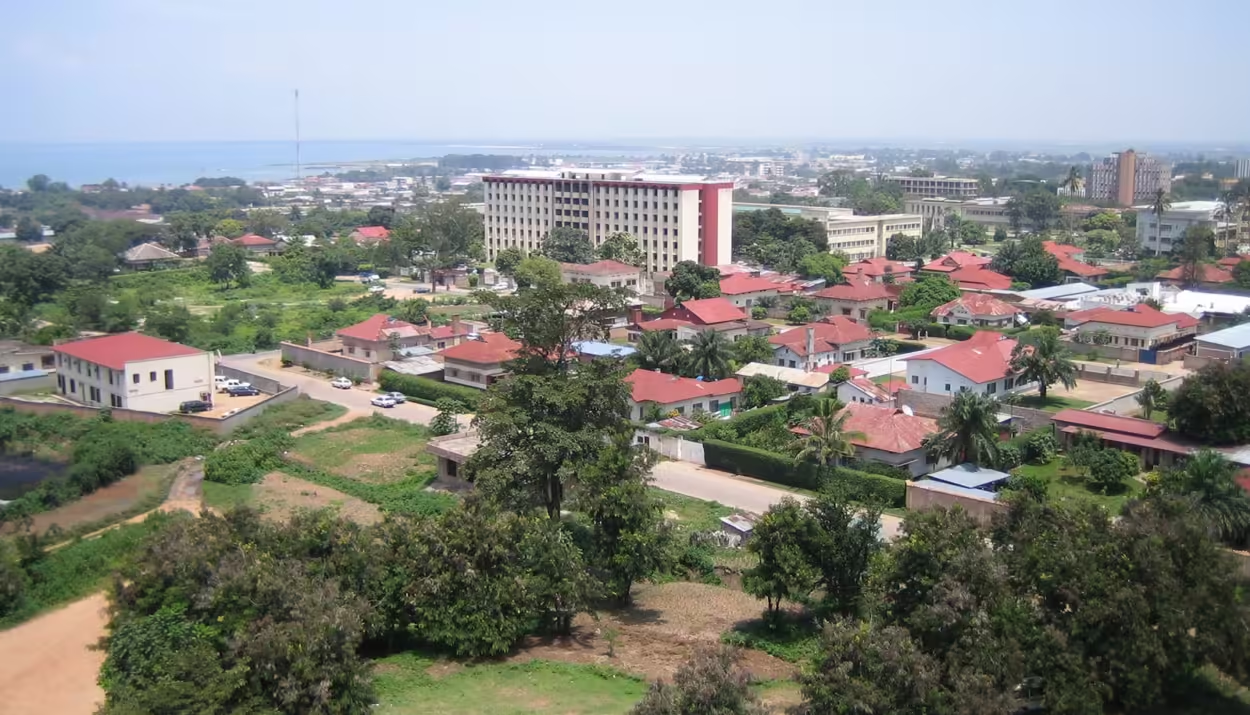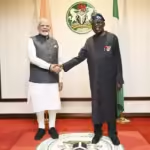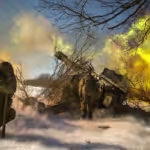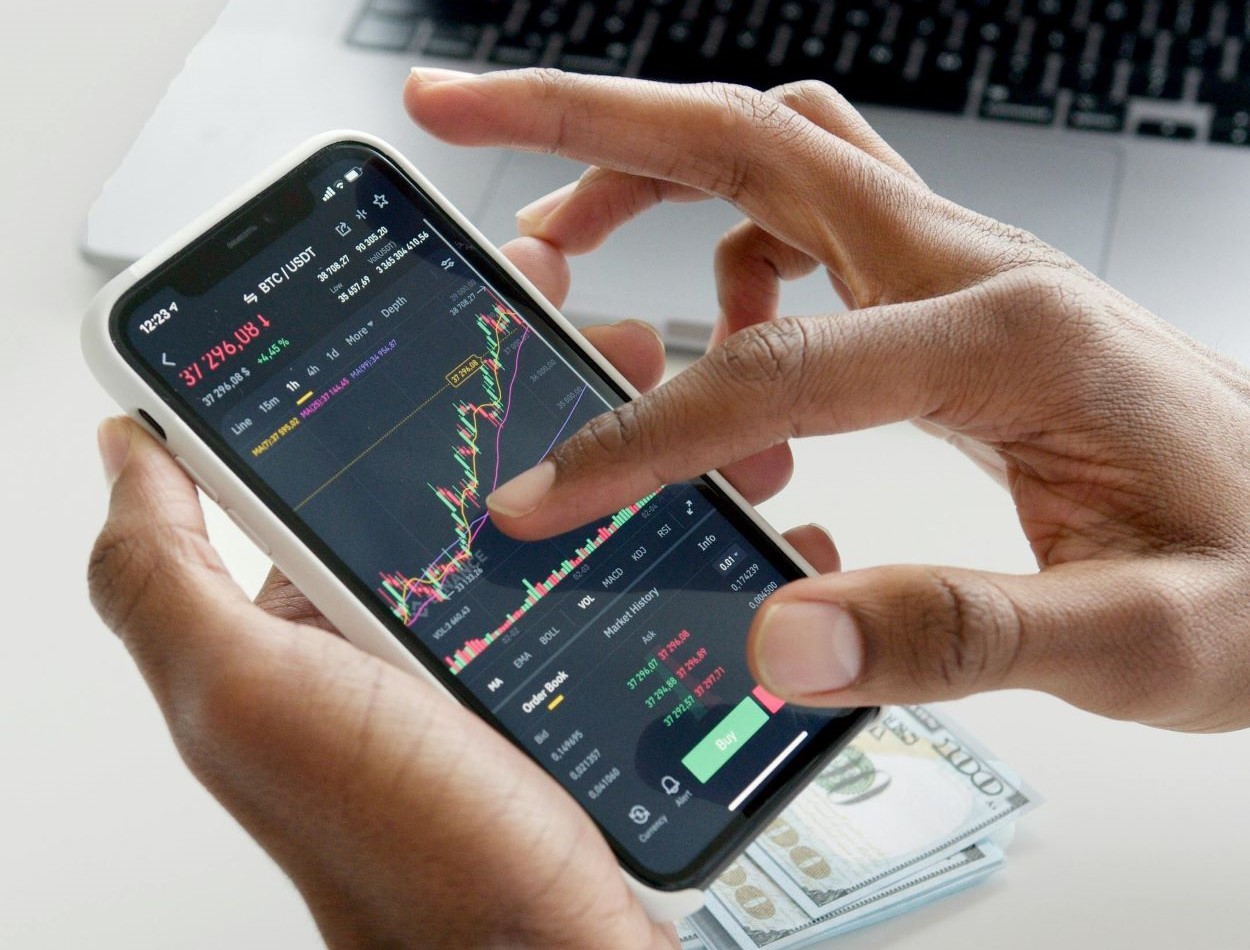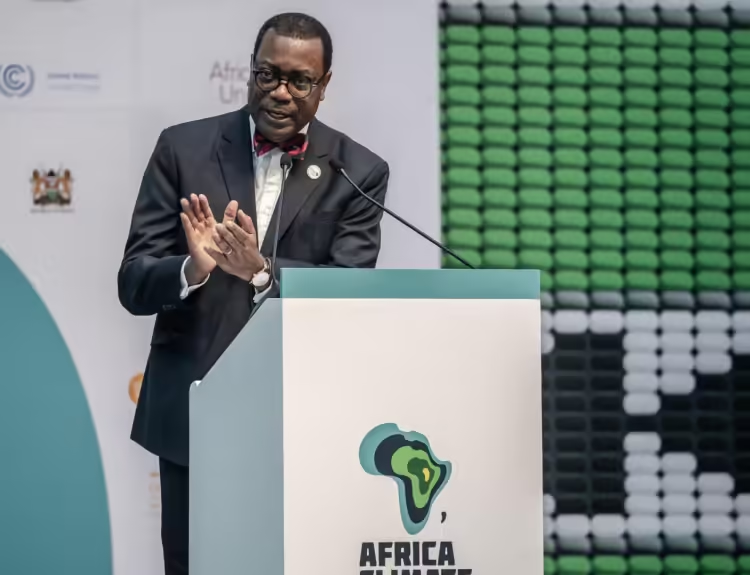While Africa is often celebrated for its rich resources, vibrant cultures, and economic potential, it is also home to some of the world’s poorest nations. This reality underscores the complexity of the continent’s development story. In this article, we examine 10 of Africa’s poorest countries, exploring not only the challenges they face but also the opportunities that could pave the way for a brighter future.
Contents
- Burundi: Against all odds
- South Sudan: Rich in oil, poor in development
- Somalia: Battling instability for decades
- Central African Republic (CAR): Resource wealth, governance challenges
- Mozambique: A land of contrasts
- Madagascar: A biodiversity hotspot amid poverty
- Niger: A nation at the crossroads
- Malawi: The warm heart of Africa
- Democratic Republic of Congo (DRC): A paradox of riches
- Chad: A Sahelian challenge
Burundi: Against all odds
GDP per capita: ~$300
Nestled in East Africa, Burundi consistently ranks as the poorest country globally. Agriculture forms the backbone of its economy, employing over 80% of the population. Yet, reliance on subsistence farming leaves the country vulnerable to climate shocks and food insecurity. Political instability has further hindered growth.
The opportunity: Investment in agricultural modernization and regional trade could help Burundi leverage its strategic location between East and Central Africa.
South Sudan: Rich in oil, poor in development
GDP per capita: ~$400
The world’s youngest nation, South Sudan, has immense oil reserves but remains impoverished due to ongoing conflict and mismanagement of resources. The oil sector accounts for nearly all government revenue, making the country susceptible to price fluctuations. Basic services, including education and healthcare, are scarce.
The opportunity: Diversification of the economy, combined with peace-building efforts, could unlock South Sudan’s potential as an agricultural and logistics hub in East Africa.
Somalia: Battling instability for decades
GDP per capita: ~$450
Somalia’s long-standing civil war has left the nation fragmented, with limited central governance. Its economy relies heavily on remittances, livestock, and informal trade. The lack of infrastructure and frequent droughts exacerbate poverty levels.
The opportunity: Renewed international support and investment in maritime trade and renewable energy could transform Somalia into a regional trade powerhouse.
Central African Republic (CAR): Resource wealth, governance challenges
GDP per capita: ~$500
CAR is rich in diamonds, gold, and uranium, yet persistent conflicts and weak institutions prevent these resources from benefiting its population. Over 70% of its citizens live in extreme poverty, with limited access to education and healthcare.
The opportunity: Transparent resource management and foreign direct investment could help CAR turn its natural wealth into a driver of inclusive growth.
Mozambique: A land of contrasts
GDP per capita: ~$550
Mozambique has one of the world’s largest untapped natural gas reserves, yet poverty remains widespread. A series of natural disasters, including cyclones, has worsened the plight of rural communities.
The opportunity: Strategic investment in climate resilience and equitable distribution of gas revenues could propel Mozambique into middle-income status.
Madagascar: A biodiversity hotspot amid poverty
GDP per capita: ~$600
Known for its unique wildlife, Madagascar struggles with severe poverty, particularly in rural areas. Agriculture employs most of the population, but outdated practices and climate change limit productivity.
The opportunity: Ecotourism and sustainable farming practices could create jobs while preserving the island’s rich biodiversity.
Niger: A nation at the crossroads
GDP per capita: ~$610
Niger faces rapid population growth and desertification, which strain its resources. Despite its uranium deposits, the economy remains heavily reliant on subsistence farming.
The opportunity: Investments in education and renewable energy, such as solar power, could help Niger address its demographic and environmental challenges.
Malawi: The warm heart of Africa
GDP per capita: ~$620
Often called the “Warm Heart of Africa,” Malawi is a small, landlocked country with limited natural resources. Tobacco dominates its exports, leaving the economy vulnerable to global price shifts.
The opportunity: Diversifying into high-value crops like macadamia nuts and investing in irrigation systems could boost agricultural output.
Democratic Republic of Congo (DRC): A paradox of riches
GDP per capita: ~$640
The DRC is endowed with vast mineral wealth, including cobalt and coltan, essential for global tech industries. However, corruption and conflict have prevented the benefits of this wealth from reaching the population.
The opportunity: Strengthened governance and local beneficiation of minerals could transform the DRC into an industrial powerhouse.
Chad: A Sahelian challenge
GDP per capita: ~$670
Chad’s economy depends heavily on oil, but the majority of its population relies on subsistence agriculture. Political instability and desertification further compounds the challenges.
The opportunity: Regional collaboration in water resource management and agriculture could enhance food security and economic stability.
ALSO READ: Top 10 African countries with the best education systems
The bigger picture
While these nations face daunting challenges, their stories are not just about struggle—they are also about potential. Africa’s poorest countries have vast untapped resources, from human capital to natural wealth. With targeted investments, policy reforms, and international support, these nations could chart new paths toward sustainable development.
A holistic approach—focusing on governance, education, infrastructure, and climate resilience—is key to unlocking the opportunities that lie within. Each step forward could be transformative, not just for these nations but for the continent as a whole.
The future of Africa’s development is a story still being written.
ALSO READ: 10 African countries with the most dollar millionaires

